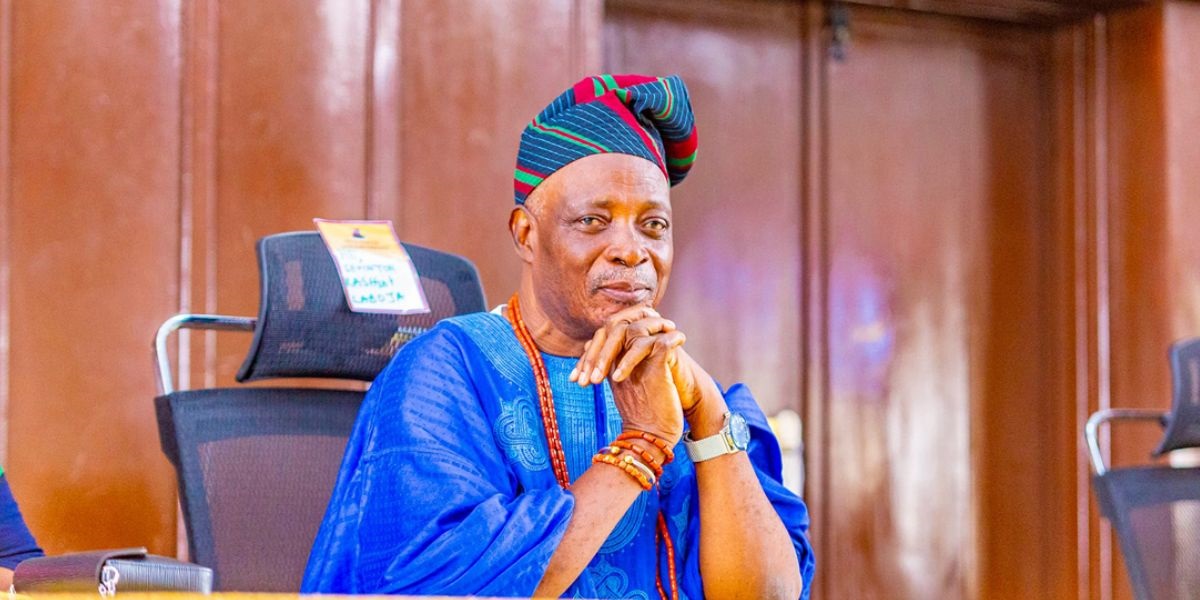Chief Executive, Nigerian Upstream Petroleum Regulatory Commission (NUPRC), Gbenga Komolafe, has said Nigeria is on a path to reach the 2.5 million barrels per day oil production target by 2026.
Speaking at the Petroleum and Natural Gas Senior Staff Association of Nigeria (PENGASSAN) Energy and Labour Summit (PEALS) 2025, yesterday, in Abuja, Komolafe said that in the area of incremental production, efforts put in had already increased production from 1.46 million barrels per day in October 2024 to 1.8 million barrels currently.
Komolafe said some of the efforts made include the recent move to unlock more than 810,000 barrels of oil per day, in potential peak output, from approved deep offshore development plans, reactivating dormant fields, accelerating approvals, and deploying improved recovery techniques.
With Nigeria’s reserves of 37.28 billion barrels of crude oil and 210.54 trillion cubic feet of natural gas, he noted that the nation’s upstream sector remained the backbone of the economy, delivering about 90 per cent of export earnings and nearly 70 per cent of government revenue.
Stating that the implications were profound for Nigeria, he said the country’s ambition must go beyond being resource-rich.
This, according to him, is due to rising global scrutiny, climate vulnerability, supply chain disruptions, and local challenges such as underinvestment and infrastructure gaps.
However, at the heart of the effort, the NUPRC boss said, was the cluster and nodal development strategy, designed to maximise shared infrastructure, capture economies of scale, and enable coordinated tiebacks to existing Floating Production Storage and Offloading (FPSOs) like Bonga, Egina, and Agbami.
According to him, the approach significantly reduces project costs, shortens timelines, and de-risks investments.
Speaking on ‘Building a Resilient Oil and Gas Sector in Nigeria: Advancing HSE, ESG, Investment, and Incremental Production’, Komolafe said building a resilient oil and gas sector in Nigeria demanded nothing less than bold, transformational thinking and unified action across government, industry, labour and communities.
Speaking on ‘Building Human Capacities for the Nigerian Oil and Gas Industry’, the Executive Secretary of the Nigeria Content Development and Monitoring Board (NCDMB), Felix Ogbe, said with the global push towards energy transition, digitalisation and automation required that the country’s workforce in the oil and gas industry, must be agile, multi-skilled and forward-looking.
Represented by the General Manager, Human Capital Development, NCDMB, Kikile Esueme, Ogbe said that to achieve it, Nigeria must prioritise science, technology, engineering and mathematics (STEM) education and vocational training at all levels.






